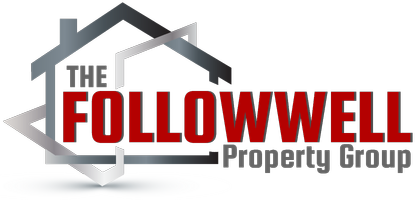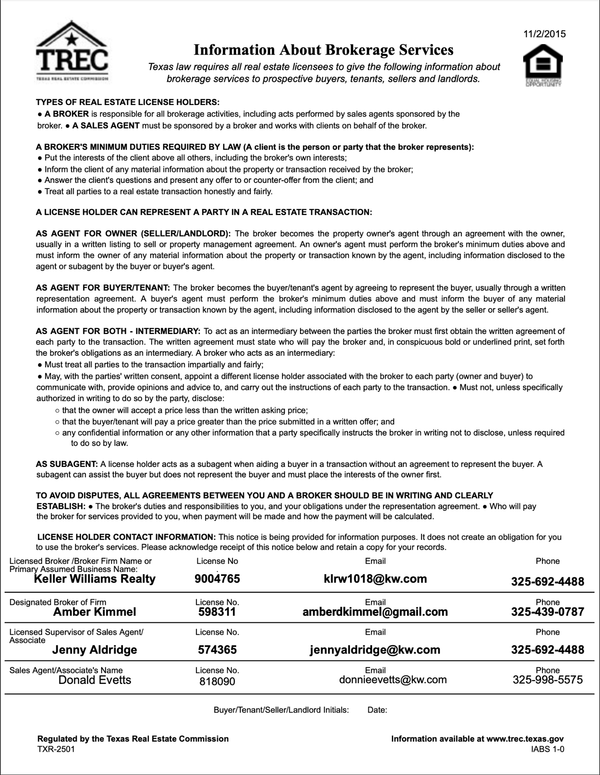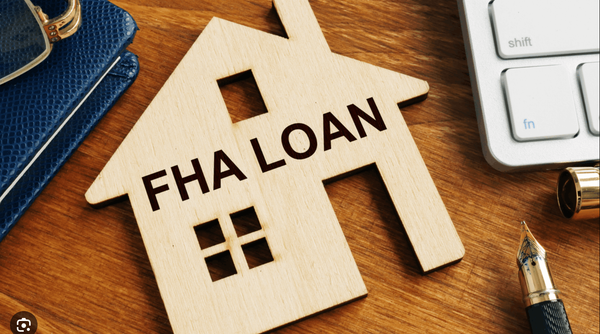FHA Appraisal and Inspection Guidelines
FHA Appraisal Guidelines
An FHA appraiser looks over a long list of conditions when appraising a home, which are detailed in the Single-Family Housing Policy Handbook from the Department of Housing and Urban Development (HUD). Here’s an FHA appraisal checklist of some features that an appraiser will examine for signs of damage or contamination:
- Foundation
- Roof
- Siding
- Flooring
- Chimney
- Presence of lead paint
- Drywall
- Water, including access to clean, hot water, signs of water damage and sufficient drainage away from the home
- Electricity
- Lighting
- Appliances
- Heating systems
- Sewage
- Crawl spaces
- Pests, such as termites
- Power lines
- Driveway and sidewalks
- Soil, particularly signs of heavy metals or other contaminants
FHA Inspection Requirements
While an FHA appraisal contains elements of a home inspection, it’s not as comprehensive as a home inspection by a licensed home inspector. Also, an appraisal is required for an FHA loan, whereas a home inspection is optional.
Getting a home inspected before buying it whenever possible is a good idea. A home inspector can give you more in-depth insight into the property’s condition than an appraiser can, helping you make an informed buying decision.
If the inspector finds any significant issues—and you have a home inspection contingency in your purchase offer—you may be able to negotiate with the seller to adjust the price or request repairs before finalizing the purchase. If you don’t have a home inspection contingency in place, you can still back out of the deal but will likely lose your deposit.
Like the FHA appraisal, you pay for the inspection, and you should expect it to cost a few hundred dollars. By getting an inspection as part of the home-buying process, you can have a comprehensive evaluation of the property’s condition and ensure you don’t have any substantial problems after moving in.
What Happens After Appraisal and Inspection
What happens after an FHA appraisal depends on whether the appraiser uncovers issues with the property. If there are no problems, you can close your FHA loan and purchase the property.
If there are problems, the lender may require repairs before approving the home loan. The seller may be responsible for making these repairs unless your purchase and sale agreement say otherwise.
In some cases, you may be able to go through with the home purchase if you agree to make the repairs at a later date. If you have to pay for renovations, you could consider an FHA 203(k) loan to finance both the home purchase and the cost of repairs.
Note that a lender can’t offer more money than the home’s appraised value. If the appraised value is lower than your offer, you’ll have to make up the difference or back out of the deal. If your offer didn’t contain an appraisal contingency, you could lose your deposit if you nix the deal.
If you would like to read this article by Forbes.com in its entirety, here is the link to this specific article!
https://www.forbes.com/advisor/mortgages/fha-appraisal-guide/



